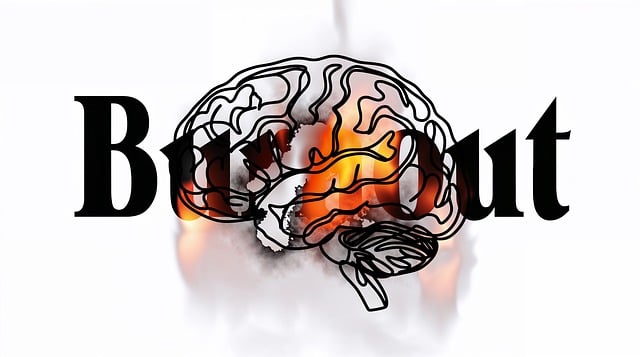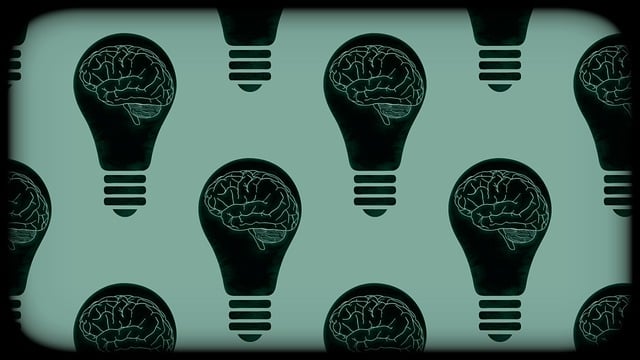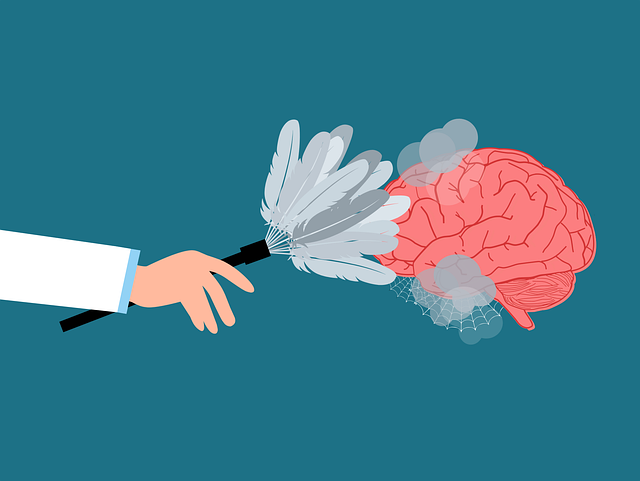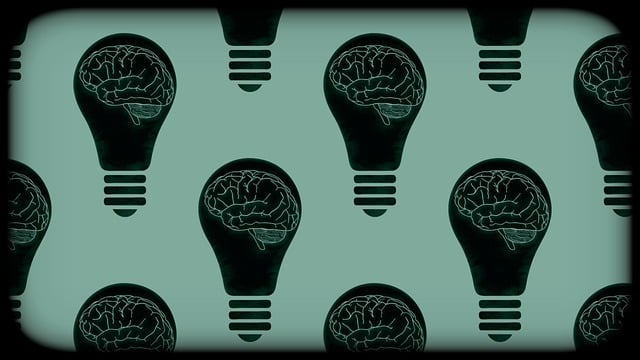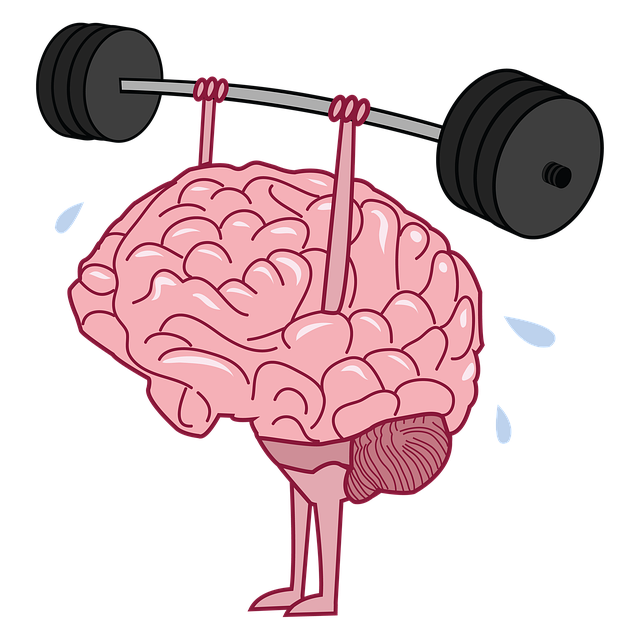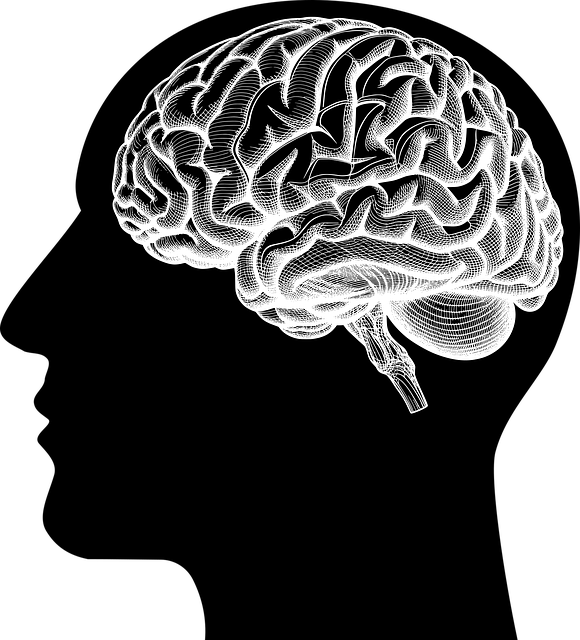Mental health advocacy in Colorado Springs is robust, driven by community engagement and biofeedback therapy as a key tool. This collaborative approach raises awareness, offers practical solutions through conflict resolution and resilience building, and promotes early intervention for mental health issues. Colorado Springs Biofeedback Therapy stands out for anxiety relief, using cutting-edge techniques to enhance emotional well-being through self-awareness. Partnerships with local organizations further strengthen advocacy efforts, reaching a wider audience and promoting self-care routines. Public education and workshops break down stigma and empower individuals to recognize distress signals. Continuous evaluation ensures programs like Colorado Springs Biofeedback Therapy remain effective in improving mental wellness and preventing depression.
Mental health advocacy initiatives are transforming lives, and Colorado Springs Biofeedback Therapy stands as a shining example. This article explores key aspects of mental health advocacy, from community engagement’s pivotal role to innovative treatment models like biofeedback therapy in Colorado Springs. We delve into successful collaborations with local organizations, public education strategies for stigma reduction, and methods for evaluating initiative impact. Understanding these elements is crucial for fostering healthier communities.
- Understanding Mental Health Advocacy: The Role of Community Engagement
- Colorado Springs Biofeedback Therapy: A Case Study in Innovative Treatment
- Building Alliances: Collaborating with Local Organizations for Impact
- Educating the Public: Breaking Stigma and Promoting Awareness
- Measuring Success: Evaluating the Effectiveness of Advocacy Initiatives
Understanding Mental Health Advocacy: The Role of Community Engagement

Mental health advocacy initiatives thrive through community engagement, fostering a collective understanding and support for individuals’ mental wellness journeys. In Colorado Springs, Biofeedback Therapy serves as a powerful tool within this framework, offering unique techniques to manage stress and anxiety. By integrating practices like conflict resolution and resilience building, communities can create safe spaces where individuals feel empowered to speak openly about their experiences.
This collaborative approach ensures that advocates not only raise awareness but also provide practical solutions. Through community-driven programs, residents learn effective coping mechanisms, fostering a culture of mental health literacy. Such initiatives encourage early intervention, prevent escalation of mental health issues, and ultimately promote holistic mental wellness in Colorado Springs.
Colorado Springs Biofeedback Therapy: A Case Study in Innovative Treatment

In Colorado Springs, Biofeedback Therapy has emerged as a pioneering approach to treating mental health conditions, offering hope and innovative solutions for those seeking Anxiety Relief. This therapy utilizes cutting-edge techniques to promote Emotional Well-being by teaching individuals how to control and regulate their physiological responses. By empowering patients with self-awareness and self-control, Colorado Springs Biofeedback Therapy facilitates a holistic healing process that goes beyond traditional talk therapy.
The program’s success lies in its ability to combine scientific research with compassionate care. Mental Health Policy Analysis and Advocacy have played a pivotal role in bringing such advanced treatment options to the forefront, ensuring that individuals in need have access to effective and non-invasive therapeutic methods. Through continuous research and advocacy, biofeedback therapy is gaining recognition as a game-changer in the mental health landscape.
Building Alliances: Collaborating with Local Organizations for Impact

In Colorado Springs Biofeedback Therapy, one of the most effective strategies to amplify mental health advocacy is through collaborative alliances with local organizations. By joining forces with community groups, schools, and businesses, these initiatives can reach a broader spectrum of individuals in need. Local partnerships enable the promotion of self-care routine development for better mental health, fostering an environment where emotional well-being is prioritized.
These collaborations also facilitate the implementation of practical techniques such as self-awareness exercises and emotional well-being promotion strategies. Through joint efforts, resources can be pooled, expertise shared, and impactful programs designed to address mental health challenges at a grassroots level. This network approach not only enhances the availability of support but also ensures that self-care practices are accessible and tailored to the unique needs of Colorado Springs residents.
Educating the Public: Breaking Stigma and Promoting Awareness

Mental health advocacy initiatives play a vital role in fostering empathy and understanding within communities. One such initiative is educating the public about mental health issues, with a focus on breaking down the stigma often associated with them. This process involves raising awareness through various channels to promote open conversations and encourage early interventions. In Colorado Springs, Biofeedback Therapy has emerged as an effective tool for emotional healing processes, offering a unique approach to stress management and mental wellness.
By integrating educational programs and workshops, communities can equip individuals with the knowledge to recognize signs of distress and provide support. Furthermore, these initiatives should emphasize emotional intelligence as a key component of overall well-being. Building empathy through strategies that enhance emotional intelligence fosters an environment where people feel more comfortable discussing their challenges openly. This collective effort contributes to a culture of care and understanding, ultimately improving access to resources for those seeking mental health support.
Measuring Success: Evaluating the Effectiveness of Advocacy Initiatives

Evaluating the success and effectiveness of mental health advocacy initiatives is a crucial step in understanding their impact on communities. Measuring success goes beyond mere numbers; it involves assessing tangible improvements in mental wellness and depression prevention. Initiatives like Colorado Springs Biofeedback Therapy exemplify this by offering evidence-based practices tailored to individual needs, fostering cultural sensitivity in mental healthcare practice.
Through regular assessments and feedback from participants, advocates can gauge the reach and resonance of their programs. This data allows for continuous improvement, ensuring that efforts remain relevant and effective. By focusing on both qualitative and quantitative measures, such as participant satisfaction, improved coping mechanisms, and reduced symptoms of anxiety or depression, advocacy groups can truly make a positive difference in people’s lives.
Mental health advocacy initiatives, such as those highlighted in this article, including the innovative practices of Colorado Springs Biofeedback Therapy, demonstrate the power of community engagement and collaboration. By combining education, treatment, and awareness efforts, we can create a more supportive environment for mental well-being. Building alliances with local organizations and measuring the success of these initiatives are essential steps towards revolutionizing mental health support in our communities, breaking down stigma one step at a time.


